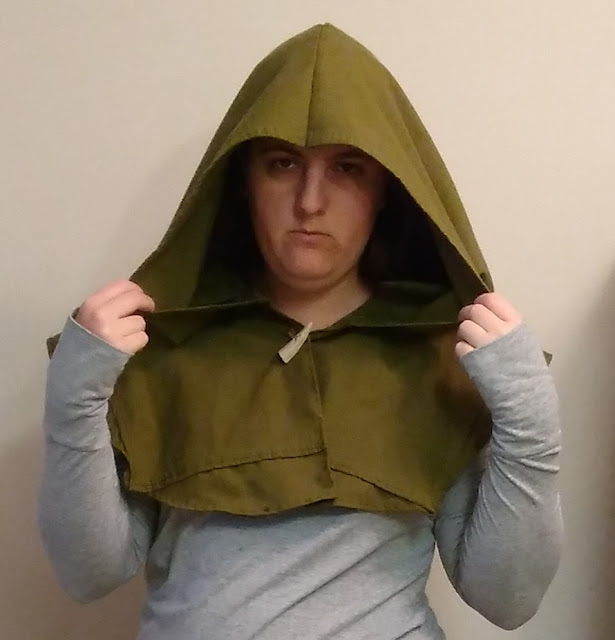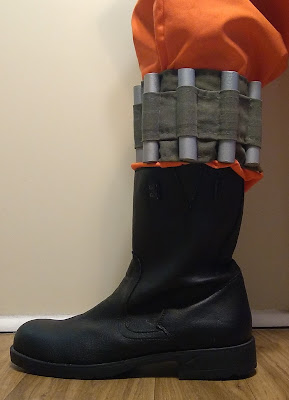Loonatic's Favorite Post-Apocalypse Books
1. Alas, Babylon (Pat Frank)
I'm a fan of this book for two main reasons. One is that is portrays an apocalypse scenario in my home state, so it makes it that much more realistic to me. And two is that for a nuclear apocalypse it has enough family and community supporting these characters that it's not a depressing read. This book follows Randy Bragg, a man of leisure living among the citrus groves and pastureland of central Florida of the 1950s. When his brother sends a coded message signaling that nuclear war is near, Bragg becomes the rally point for extended family and his neighbors. Escaping the immediate destruction from nuclear blasts, he and his community must band together against the rising tide of after effects, including everything from fallout, loss of infrastructure, disease, and bandits. Bucking the lone wolf trend of a lot of post-apocalypse fiction, this books relies on the characters working together. It also has some commentary of the uselessness of traditional wealth and racial divides, which is certainly something worth keeping around as a good reminder.
2. The Stand (Stephen King)
2. The Stand (Stephen King)
It all starts with single mistake in the wrong laboratory. A deadly disease escapes into fleeing soldier, and a chain of normal bad decisions ends up infecting and killing nearly everyone on Earth. Those immune suffer their own emotional scars, and now have to contend with lack of help, dwindling resources, and threats from other survivors. New mysteries arise when the survivors realize they are dreaming the same dreams of fields of corn, a comforting old woman, and a sinister enemy who is not quite human. Are the dreams just after effects of the plague, or it is a call, or a warning?As a master of horror, Stephen King easily steps into post-apocalyptic genre by reason that the end of the world, in whatever form, is inherently horrifying. Like few authors can, he lets us live through these perfectly ordinary, detailed and grounded characters through a terrible ordeal that we would actually wish was a little less plausible.
3. Arrowhead (Paul Kane)
3. Arrowhead (Paul Kane)
4. World War Z (Max Brooks)
If you have watched the movie of the same name then I should say "I'm so sorry are you OK?" The movie is essentially Brad Pitt being chased around by running zombies, a single person who is weirdly good at everything and well-equipped to save the world. What's way more interesting is the book, which tells the tale of how the infection started, how different governments and people responded, and how people finally adapted and defeated the zombie horde. It reads like collection of interviews, and we get to hear the backstory from doctors, soldiers, and ordinary folk who survived a worldwide epidemic. The stories and characters are so spot on that it could easily be misplaced on a non-fiction shelf were it not for the name. It's also pretty good and showing that different countries would likely use different strategies based on their geography, available resources, and the skillsets of their population. And that there's a lot of room for horrible things to happen, and that arguable some of the greater atrocities would be coming from the lies, mistakes, and cruelties of humans. A great read and, I repeat, way more fascinating than the movie.







Comments
Post a Comment